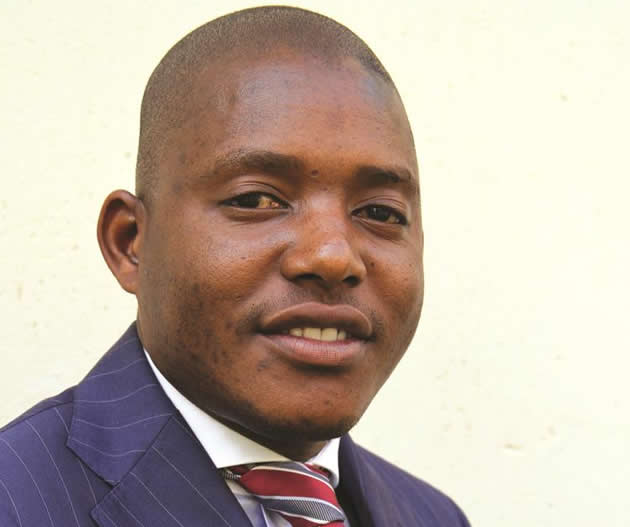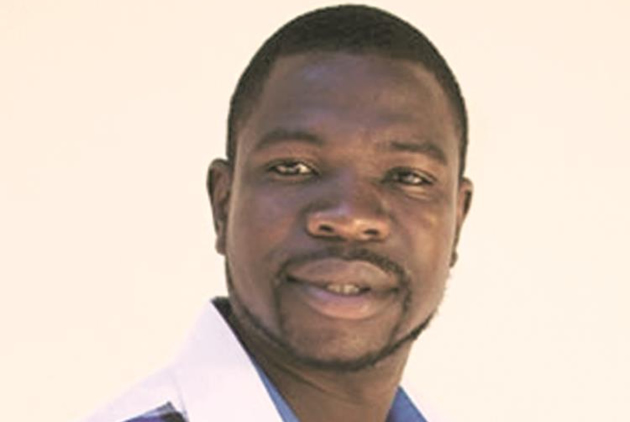1 418 Zim bodies repatriated from SA
Thupeyo Muleya Beitbridge Bureau
A total of 1 418 bodies of Zimbabweans who died of various ailments in South Africa were repatriated in the last six months, an official said yesterday.
Zimbabwe’s consul general to South Africa Mr Batiraishe Mukonoweshuro said the major destinations for the bodies were Matabeleland and Masvingo provinces. “The major destinations are mainly Plumtree, Bulawayo, Tsholotsho, Nkayi, Gwanda, Beitbridge, Matobo in the Matabeleland region and Zaka, Chiredzi, Mwenezi and Bikita in Masvingo province,” he said.
“You will note that most of the people die in winter and the major causes are diseases such as broncho pneumonia, Hepatitis B, Meningitis, Pulmonary TB, Pneumonia Hepatitis, HIV and Aids and other Retro Viral Diseases.”
Mr Mukonoweshuro said on average, a total of 100 bodies were being repatriated to Zimbabwe for burial per month.
He said the number of Zimbabweans dying in South Africa could be high because some were buried in that country without the consulate’s knowledge.
“In January, we processed reparation documents for 182 people, February 172, March 276, April 252, May 216 and 320 in June,” said Mr Mukonoweshuro. “These died of various causes including road accidents and illnesses.
“You will note that some people travel while they are already sick. We want to urge Zimbabweans to ensure that they are documented when they travel to South Africa, this makes it easy for us to quickly identify them when they die. Relatives of the deceased are also advised to approach the consulate in cases of deaths so that they are assisted with documents and directed to reputable funeral parlours.”
Mr Mukonoweshuro said the consulate’s staff requires a national identification document, especially a passport of the deceased, non infectious disease certificate, embalming certificate, death certificate, post mortem report and a letter from the department of Home Affairs (South Africa) for them to process the repatriation certificates.
He said that for bodies repatriated by road, a birth certificate or a national identification document was necessary.
“For bodies that fly, it’s strictly a passport and we also need a copy of the informant’s particulars and a burial order,” he said.
The bodies are mainly repatriated through Plumtree and Beitbridge border posts.











Comments